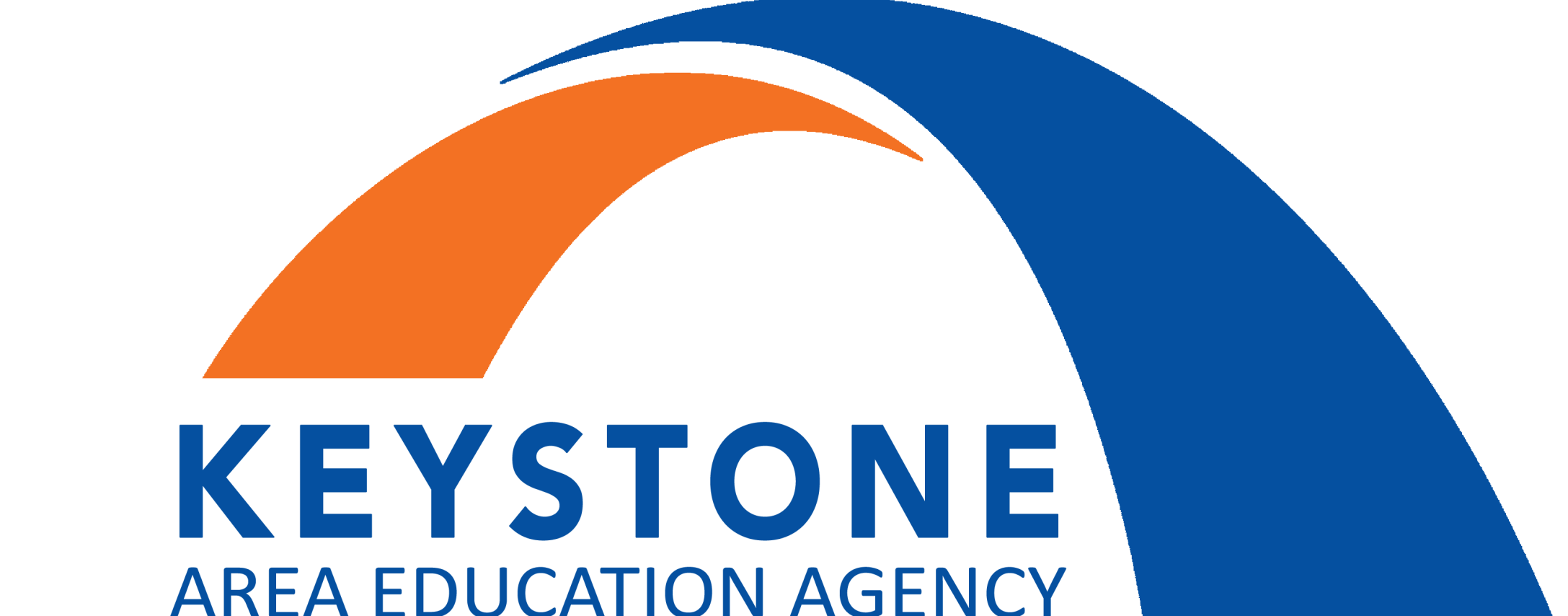The goal of the Hearing Department is to provide quality audiological and educational support to students, families, and local school districts. The department provides comprehensive audiology services to infants, preschoolers, and school age children. Hearing evaluations may be conducted as part of our Early ACCESS program or as part of a special education child find activity free of charge at the local school building, or may best be completed at one of Keystone’s three sound booth locations: Decorah, Elkader, or Dubuque.
Audiologists are professionals who have a minimum of a master’s degree and must be licensed and/or certified by the state of Iowa. Audiologists identify and evaluate individuals with hearing problems and make suggestions for intervention. They are assisted by Audiometrists who are trained to screen hearing.
Audiological services include:
- Hearing evaluations and conservation programs for school-age children
- Educational follow-up
- Participation in child study team meetings/staffings
- Wax build-up in the ear canal
- Fluid or ear infection in the middle ear
- Inherited conditions (family genetics)
- Meningitis
- Significant lack of oxygen or other complications at birth
- Certain infections the mother may contract during pregnancy
- Aging
The Itinerant Teachers for the Deaf / Hard of Hearing (ITDHH) at Keystone AEA specialize in the education, communication, and auditory skills development of deaf and hard of hearing individuals, age birth to 21 years. Services are provided in the individual’s school, home, or alternate setting. ITDHH work with the parents and educational teams to ensure success in the educational environment.
The Itinerant Teachers for the Deaf / Hard of Hearing (ITDHH):
- Assess individual needs. Assessments may include evaluation of academic achievement, language skills, auditory skills development, classroom performance, and social interactions.
- Provide written reports summarizing the individual’s level of performance and make recommendations regarding individual needs.
- Participate in multi-disciplinary team meetings for eligibility determination and contribute to the design of appropriate educational plans and programs for eligible individuals who are deaf or hard of hearing.
- Develop and maintain Individual Education Plans (IEPs) and Individual Family Service Plans (IFSPs)
- Provide direct services to individuals who are deaf or hard of hearing in the areas of communication, language development, auditory skills development, academic support, and self-advocacy skills.
- Provide progress monitoring of the individual’s needs in targeted areas.
- Provide inservices to school personnel on hearing loss and its impact, educating individuals who are deaf or hard of hearing, amplification devices (hearing aids, FM systems, soundfield systems, and cochlear implants), and modifications and accommodations to the learning environment and curriculum.
- Consult with parents, administrators, teachers, and other professionals regarding areas of concern for the individual.
- Provide parents with resources and information on hearing loss and its impact, communication strategies, language development, auditory skills development, and post-secondary transition.
- Support sign language interpreters and paraprofessionals.
- Teach sign language in a variety of settings.
- Provide community awareness about hearing, hearing loss, hearing conservation, and noise pollution.
Parent Resources
HOPE Cochlear Americas Reading room, online courses, and listening tools for many great resources.
My Baby’s Hearing A parent resource jointly from Boystown National Research Hospital and National Institute on Deafness & Other Communication Disorders (NIDCD)
Hearing Journey Resource of auditory activities designed to enhance communication. Sign up for a free account to access their information.
The Guide to Access Planning Provides suggestions and information useful in planning for post-secondary life.
Ag Bell Organization for parents, individuals with hearing losses and professionals committed to support for the listening and spoken language. Excellent publications; free 6 month membership for new parents.
NC Begin Parent driven group that provides emotional support and access to information, serving as an impartial central resource for families with deaf or hard-of-hearing children
.Better Hearing Organization that provides information and resources on all aspects of hearing loss, from medical to hearing instruments
Boystown Hospital Maintains research registry for hereditary hearing loss and fact sheets on genetics and specific syndromes.
Hands and Voices Organization dedicated to providing unbiased information and support to families of children who are deaf or hard of hearing and professionals who serve them. Good online articles on education and legal rights
.Starkey Hearing Foundation Foundation that provides free hearing aids and cochlear implants to children of needy families who do not qualify for public assistance.
JTC.org Clinic that provides free correspondence courses, telephone consultation, and summer camp for families of infants and toddlers with hearing loss. Lessons also available in Spanish.
Miracle Ear Provides free hearing aids to children of needy families who do not qualify for public assistance.
Oaktree Products Assistive technology for the hard of hearing and deaf such as alarm clocks, flashing lights, fire alarms and personal amplifiers.
HARC Assistive technology for the hard of hearing and deaf such as amplified telephones, alerting signals, alarm clocks, and television amplifiers.
